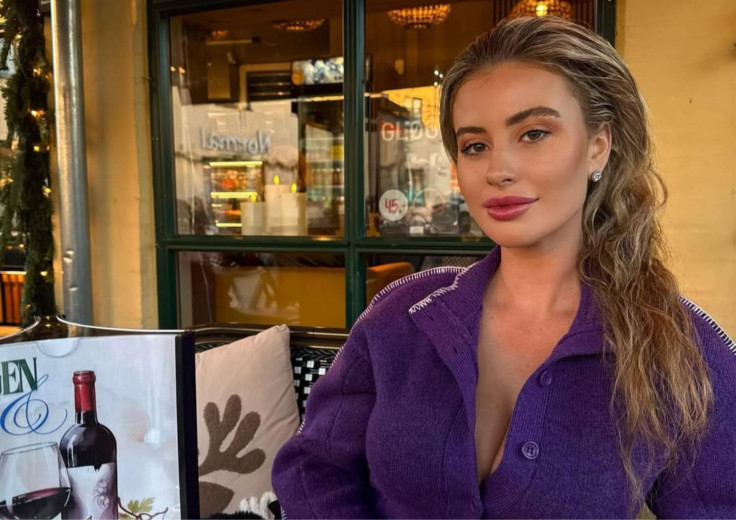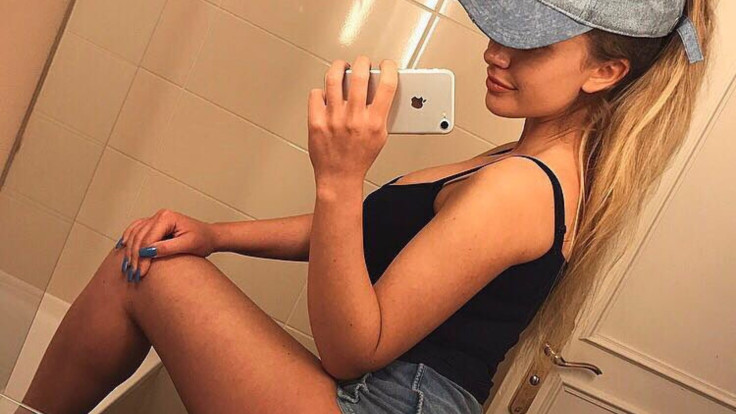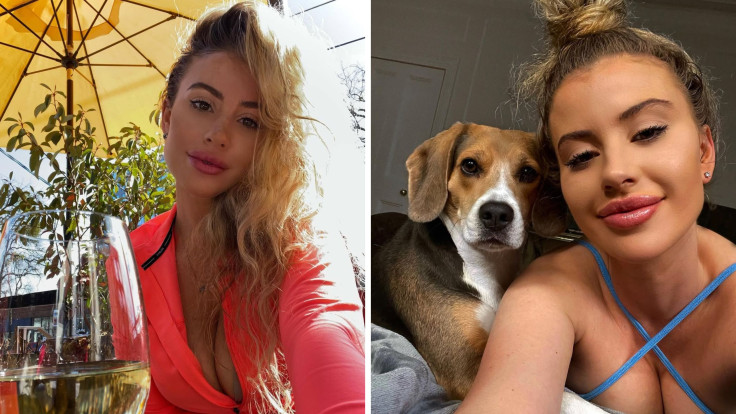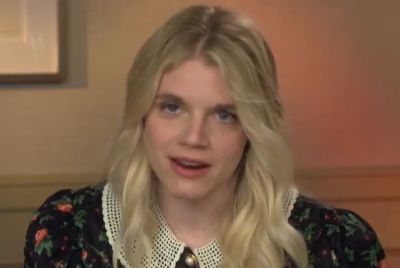Is Chloe Ayling Lying? Model's Mental Health Adds Complication To Her Story - Here's What We Know
In the new BBC Three documentary, Ayling receives a diagnosis of autism spectrum disorder

In 2017, when young British model Chloe Ayling was kidnapped, it became an international story, and the details emerging from the story were shocking: drugged, stuffed into a suitcase, and held for ransom in a remote farmhouse. But just as quickly as headlines labelled her a victim, doubts began to surface.
The moment Ayling returned to the UK, the question that followed her story was not just what had happened, but whether it happened the way she said it did. Many were questioning whether the British model was telling the full truth.
Now, eight years on, a new BBC documentary has once again raised questions as it explores not only the events of her abduction but a newly revealed factor that could explain her widely scrutinised behaviour: a diagnosis of autism spectrum disorder. Here's what we know.
What Happened to Ayling in Milan?
In July 2017, Ayling, then 20, flew to Milan for what she believed was a photo shoot. According to reports, upon arrival, she was attacked by Lukasz Herba, a Polish national, and injected with ketamine. She was transported in a holdall bag to a secluded house near Turin, where she was told she would be auctioned online unless a ransom of €300,000 (£260,000) was paid.

Photos of Ayling unconscious were sent to her manager, and the captors warned that if payment wasn't made within a week, she would be sold as a sex slave. Herba claimed to be working for a criminal group known as 'Black Death.'
Six days later, Ayling was released when Herba took her to the British consulate in Milan. He was arrested shortly after. In court, he was described as a 'narcissistic fantasist' obsessed with Ayling. He was convicted and sentenced to nearly 17 years in prison, later reduced to just over 11. His brother, Michal Herba, was also jailed for his role.
The Questions That Never Went Away
Despite the convictions, public suspicion followed Ayling from the moment she returned to the UK. Her manner during press interviews appeared emotionless. She was seen wearing casual clothes and smiling, and her statement, 'I feared for my life, second by second' was delivered without visible distress.

Images showing her shopping with her kidnapper, and reports that she had slept in the same bed as him, intensified speculation. Many questioned why she hadn't tried to flee or raise the alarm.
A New Detail Suggests Ayling Had Undiagnosed Autism
In the newly released BBC Three documentary Chloe Ayling: My Unbelievable Kidnapping, Ayling receives a diagnosis of autism spectrum disorder, a development that could help explain some of the public's confusion around her behaviour.
'I had a lot of difficulties with communication,' she says in the series. 'If I was being told off, I would smile. I just had the wrong reactions to things.'
Ayling says her difficulty expressing emotion was misinterpreted. 'For ages, I said I'm not an emotional person. But now I realise that no matter how hard I try, I just can't [show it],' she explains. She was also criticised for appearing on Celebrity Big Brother the following year, which some viewed as evidence she was seeking publicity.

Her former manager, Phil Green, who booked the Milan assignment, says Ayling's autism diagnosis 'makes sense' in retrospect. 'Her reaction to everything that happened was so unemotional... but maybe that was a good thing,' he says.
Others, including some police officers interviewed in the documentary, admit they too doubted her at first. But the legal outcome was clear: a kidnapping took place, and Herba was convicted. Ayling, reflecting on years of public criticism, says, 'What is it about me and my story that makes this so unbelievable?'
Meanwhile, Ayling now prefers to stay largely out of the spotlight, working as a model and content creator. The documentary does not feature her family or her son, whom she has chosen to keep out of the public eye.
© Copyright IBTimes 2025. All rights reserved.




















